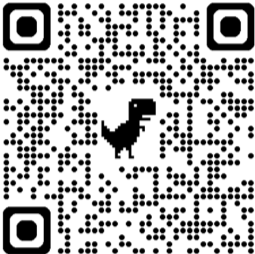Thinking and Intelligence
By Hannah Broooks
Create multiple-choice games on Wisc-Online and play them on our Chakalaka mobile app!
But that's not all! Explore educational games created by others. Simply search by category or enter agame code number and dive into a world of learning and fun.
Download the Chakalaka mobile app here:

Topics of this game:
- A ____ is a mental category that groups objects, activities, abstractions, or qualities having common properties.
- This is an especially representative example of a concept.
- ____are mental processes occurring outside of conscious awareness but accessible to consciousness when necessary.
- ____ is an integrated mental network of knowledge, beliefs, and expectations concerning a particular aspect of the world.
- A mental representation that mirrors or resembles the thing it represents.
- People always think logically and reason dialectically.
- An example of an obstacle would be needing to always be right.
- The tendency to consult one's emotions instead of estimating probabilities objectively is ____.
- The tendency to judge the probability of a type of event by how easy it is to think of examples or instances is ____.
- ____ is the tendency for people's choices to be affected by how a choice is presented, or framed, such as whether it is worded in terms of potential losses or gains.
- The tendency to overestimate one's ability to have predicted an event after the outcome is known as ____.
- The tendency to look for or pay attention to only information that confirms one's own belief is ____.
- Intelligence is an inferred characteristic, usually defined as the ability to profit from experience, acquire knowledge, think abstractly, act purposefully, or adapt to changes in the environment.
- G factor is the capacity to reason and use information to solve problems; it is relatively independent of education.
- Cognitive skills and specific knowledge acquired over a lifetime; it is heavily dependent on education and tends to remain stable over time is ____.
- A measure of development expressed in terms of the average mental ability at a given age is ____.
- A measure of intelligence originally computed by dividing a person's mental age by his or her chronological age and multiplying it by 100 is ____.
- ____ is the study of cognitive processes in nonhuman animals.
- A primary ingredient of human cognition is language.
- Anthropomorphism is the tendency to falsely attribute human qualities to nonhuman beings without considering simpler explanations for the animals' behavior.
User comments are currently unavailable. We apologize for the inconvenience and are working to restore this feature as soon as possible.

